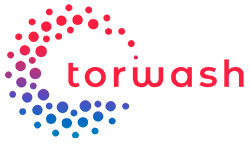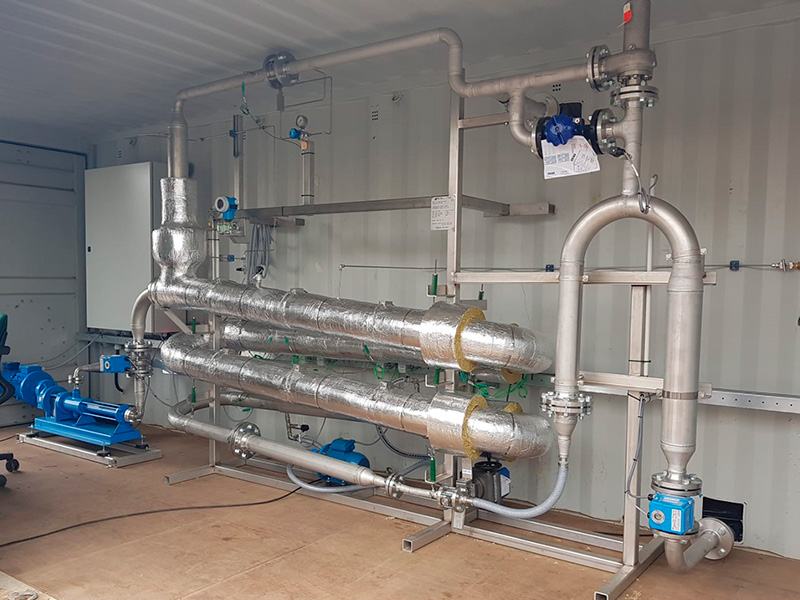TORWASH®: A Continuous Hydrothermal Treatment Process for Efficient Dewatering of Industrial Wastewater Sludge
The paper industry generates 400 million tons of wet sludge per year, mainly composed of biological paper sludge, that contains harmful substances and are expensive to dispose of via incineration or landfilling. Current methods to improve the dewaterability and processing of bio-sludge involves adding fibre sludge, which can enhance dewaterability through mechanical dewatering, however, fibre sludge can be reused as a raw material in the papermaking process and, therefore, there is a space for more efficient methods to be explored.
Currently, the Smurfit Kappa paper mill in Piteå, Sweden, employs the process of adding fibre sludge to improve dewaterability of the bio-sludge. The mixed sludge is treated with a polyelectrolyte as a chemical dewatering aid and this mixture is then dewatered via a screw press to achieve solids with approximately 30–35% dry matter content. The solids are then used on-site in a biomass boiler for heat production.
TORWASH® is a reactor concept that applies hydrothermal carbonization (HTC), which is developed for upgrading wet biogenic feedstocks, including sludges, into high-grade solid fuel without an energy- and cost-intensive upstream drying step. The generated solid fuel (hydrochar) has many improved properties, including higher mass and energy density, grindability, hydrophobicity and better combustion performance.
The TORWASH® treatment process was conducted for long-duration experiments on-site at the Smurfit Kappa paper mill wastewater treatment plant which allowed for pilot testing at the actual location where the residue stream was generated and ensured a constant supply of fresh bio-sludge for the entire duration of the test, providing a better approximation of actual scale-up conditions. The product slurry was then filtered to remove the bulk of the liquid from the product slurry, yielding a solid product with high dry matter content.
The results showed that bio-sludge was an ideal feedstock for hydrothermal treatment, revealing potential pathways for the management and valorisation of this problematic waste stream for the paper industry, and freeing up larger amounts of fibre sludge which can be used for higher value applications. The product slurry obtained was easily dewaterable with a membrane filter press, yielding a clear filtrate. In total, 142 kg of press cake (corresponding to a 39% solid yield) was obtained with an average dry matter content of 38% which is higher than the values obtained with the currently applied dewatering method at the paper mill.
As well as showing the commercialisation potential of the TORWASH® hydrothermal treatment process for the production of solid fuel from paper mill bio-sludge, the study also showed that the high dry matter content of the filtrate (53% of the feed) indicates that a large fraction of the initial feed is dissolved in the liquid fraction as a result of the hydrothermal treatment, making this stream an important aspect of the process with exploratory studies showing high potential for valorisation of the filtrate through nutrient recovery and biogas production.
For more information on TORWASH® hydrothermal treatment technologies, please visit https://www.torwash.com/


